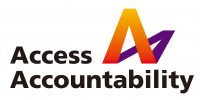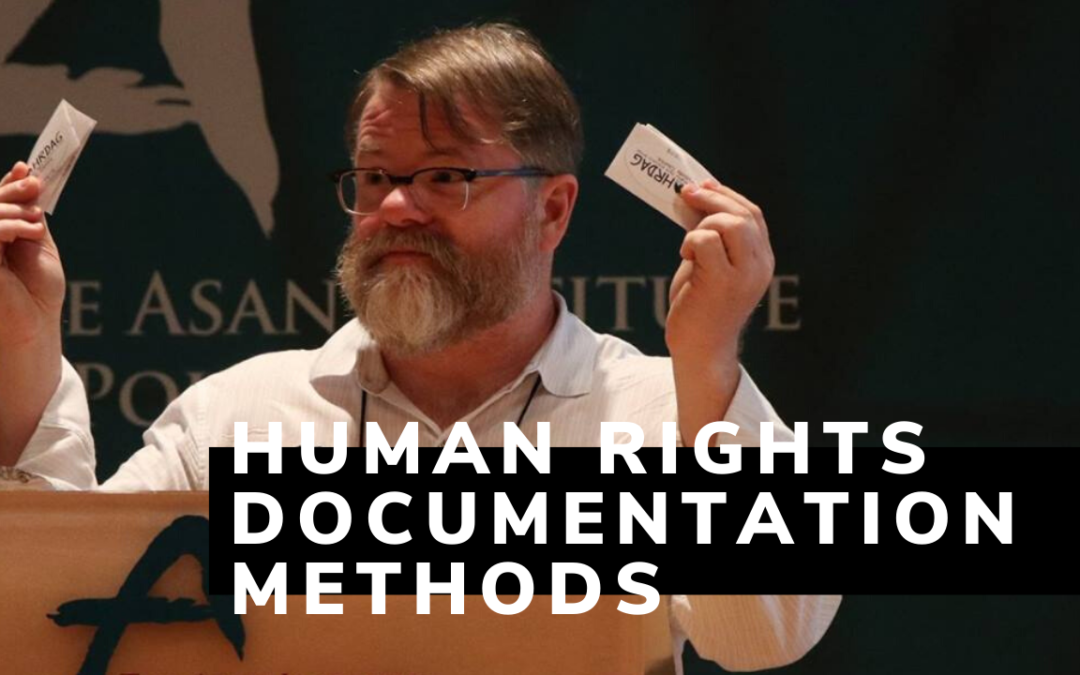
by Access Accountability | Feb 25, 2019 | Documentation, Video
“Human Rights Documentation Methods” was recorded on 25 July 2017. This was the second session of the conference titled Amassing Evidence: Applying Information Technology and Forensic Science in Human Rights Documentation, held in Seoul, South...
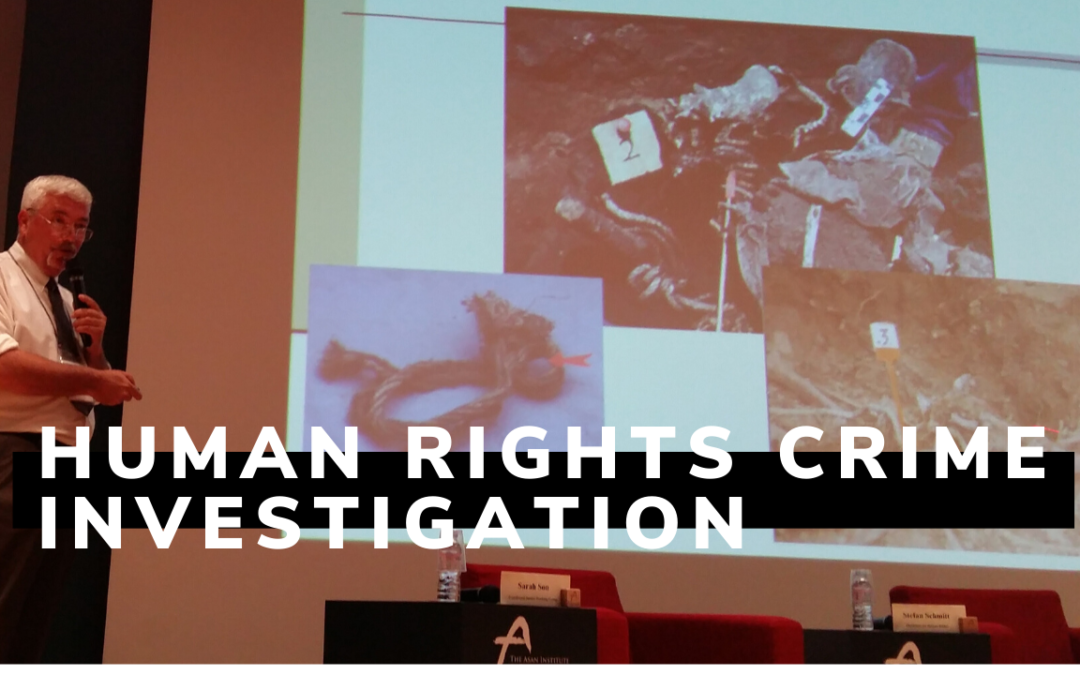
by Access Accountability | Feb 25, 2019 | Documentation, Video
“Human Rights and Forensic Science” was recorded on 25 July 2017. This was the third session of the conference titled Amassing Evidence: Applying Information Technology and Forensic Science in Human Rights Documentation, held in Seoul, South...
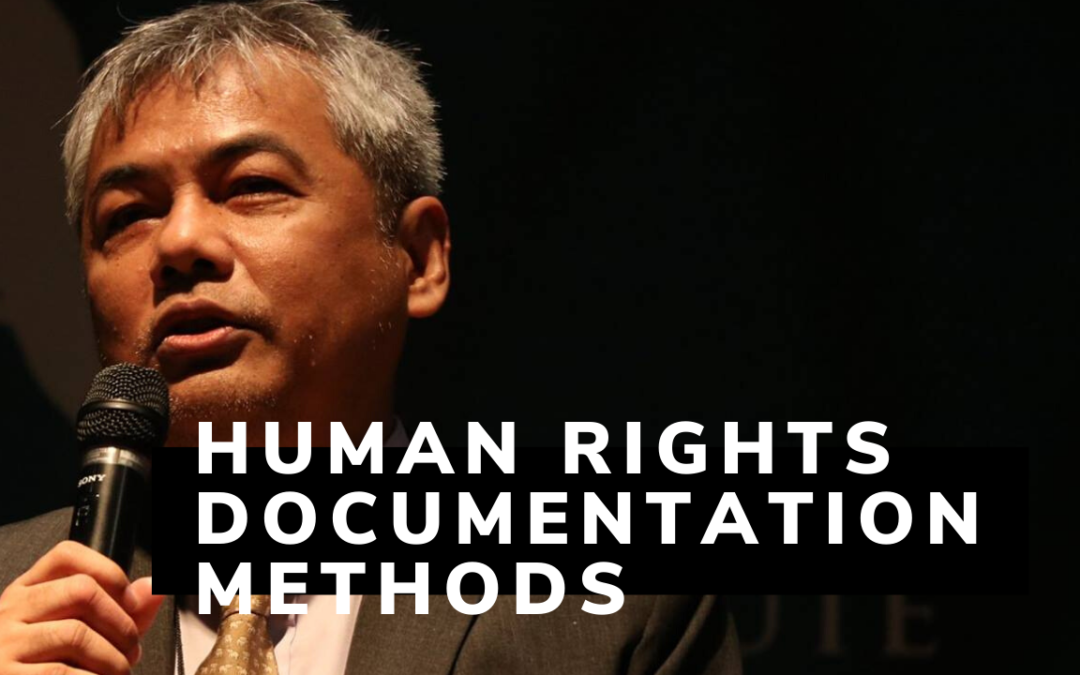
by Access Accountability | Feb 5, 2019 | Documentation, Video
“Human Rights Documentation Methods” was recorded on 25 July 2017. This was the second session of the conference titled Amassing Evidence: Applying Information Technology and Forensic Science in Human Rights Documentation, held in Seoul, South...
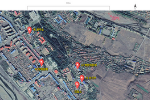
by Sarah Kim | Jan 8, 2019 | Documentation
What is Mapping? Mapping, which is simply the process of making maps, is useful for identifying factors in a situation and seeing the connections between those factors. Recently, mapping has become a useful tool in human rights work, particularly in helping...
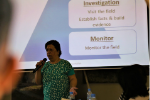
by Access Accountability | Sep 16, 2018 | Documentation
In June 2018 TJWG interviewed Nina Atallah, a freelance human rights documentation methods trainer with over 25 years’ experience working in Palestine. Ms. Atallah helped establish her organisation’s first computerised database for recording violations...
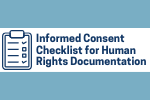
by Access Accountability | Sep 13, 2018 | Documentation
Making sure your consent procedure is correct and up-to-date before conducting research is essential to good human rights documentation practice. Victims of human rights violations need to have a clear understanding of what the research is for, what will happen to...







